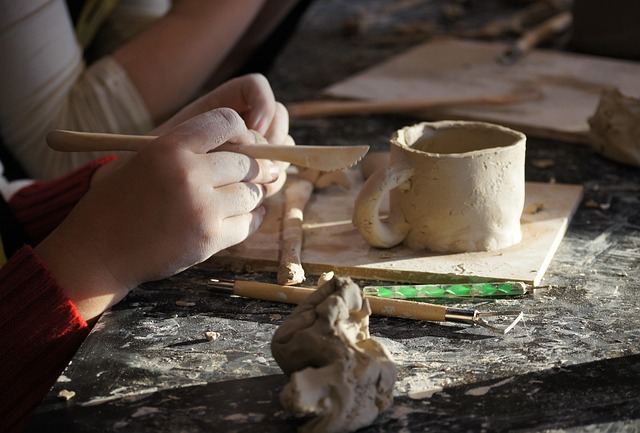The Intricate Dance of the Bee: Nature's Unassuming Pollinators
Bees, often overlooked in the grand sphere of wildlife, play an incredibly crucial role in our ecosystems. Their humble buzzes and gentle fluttering are more than just background noise in our gardens. These tiny insects are responsible for a phenomenon that affects the world on a global scale. This article delves into the intriguing world of bees, their pollination process, and their significant impact on our environment and economy.

The Humble Bee: A Brief History
Bees have been around for an estimated 100 million years, dating back to the time of the dinosaurs. Their evolution has been tied closely to the flowering plants they pollinate, creating a symbiotic relationship that has lasted for eons. Initially, bees were wasp-like insects that gradually began to feed on pollen and nectar, leading to the evolution of species we see today.
Bee Pollination: A Delicate Process
The bee’s pollination process is a miraculous natural occurrence. As a bee lands on a flower to collect nectar, pollen grains stick to its body. When the bee visits the next flower, some of these pollen grains rub off onto the flower’s stigma, leading to fertilization and subsequent seed and fruit production. This simple yet intricate dance of nature has far-reaching consequences, directly impacting our food supply and biodiversity.
Recent Developments: The Decline of Bee Populations
However, recent years have seen a worrying trend. Bee populations worldwide are declining at an alarming rate. Habitat loss, climate change, and the extensive use of pesticides are some contributing factors. This decline is a significant concern, considering that bees are essential pollinators for a significant portion of our food crops.
The Economic Impact of Bees
The economic value of bees as pollinators is immense. According to research, bees contribute an estimated $15 billion to the U.S. economy annually through their pollination services. A study by Cornell University suggested that honey bees alone contributed $8.3 billion in 2020. The loss of bees could mean a significant blow to the agriculture industry, affecting the production of fruits, vegetables, and nuts, among other crops.
The Future of Bees: Conservation Efforts
Recognizing the importance of bees, numerous conservation efforts are underway to protect and bolster bee populations. These initiatives range from reducing pesticide use, restoring wildflower meadows, and encouraging backyard beekeeping. These efforts aim to create a more bee-friendly environment, ensuring their survival and continued contribution to our ecosystems.
In conclusion, bees, though small in size, play a massive role in our lives. Their pollination services are vital for our food supply and economy. By understanding their significance and the threats they face, we can do our part in ensuring their survival and, by extension, ours. Remember, every time you enjoy a juicy apple or a handful of almonds, it’s all thanks to these industrious little creatures and their intricate dance of pollination.






